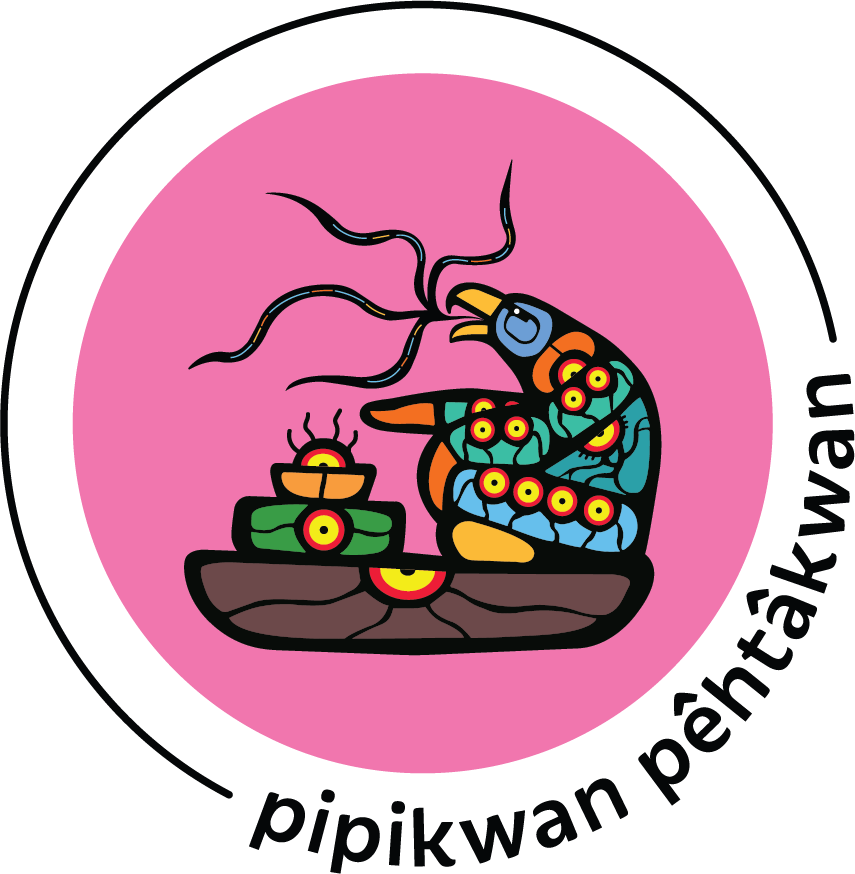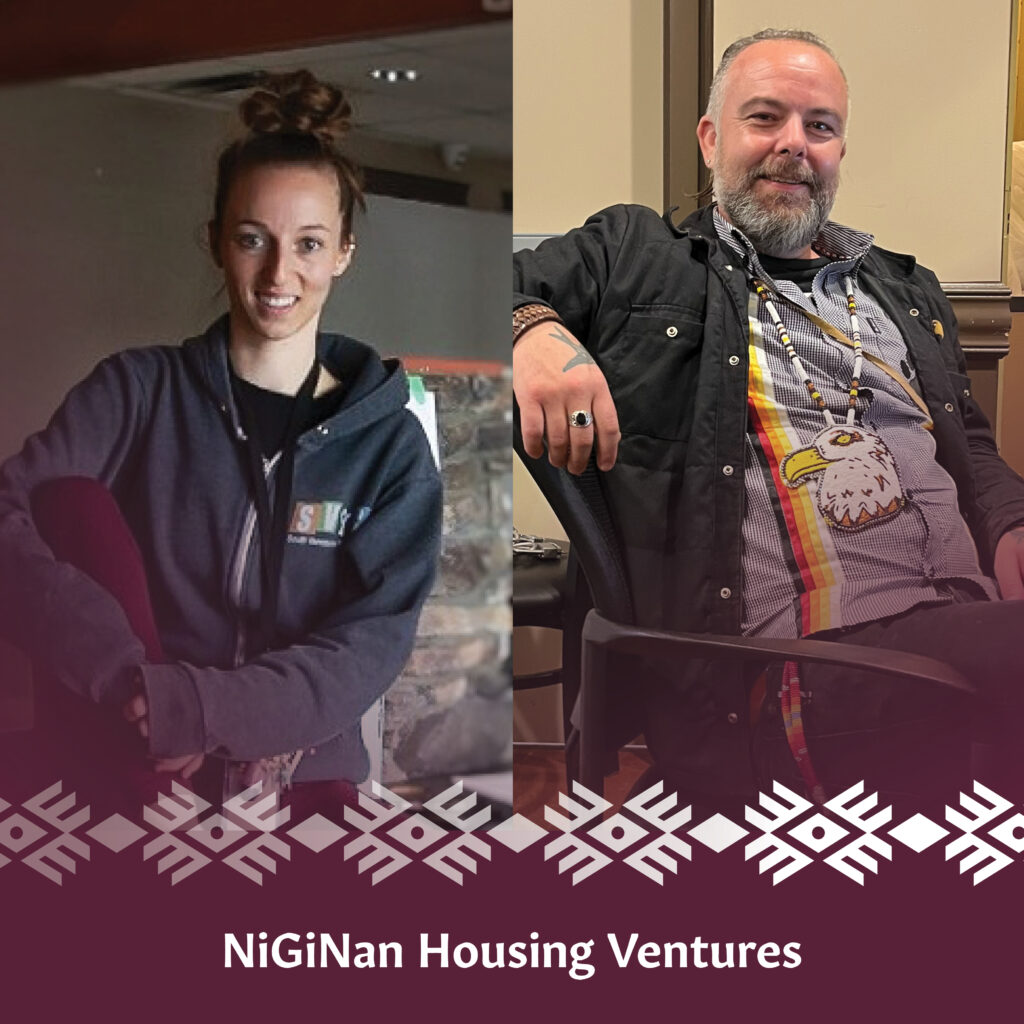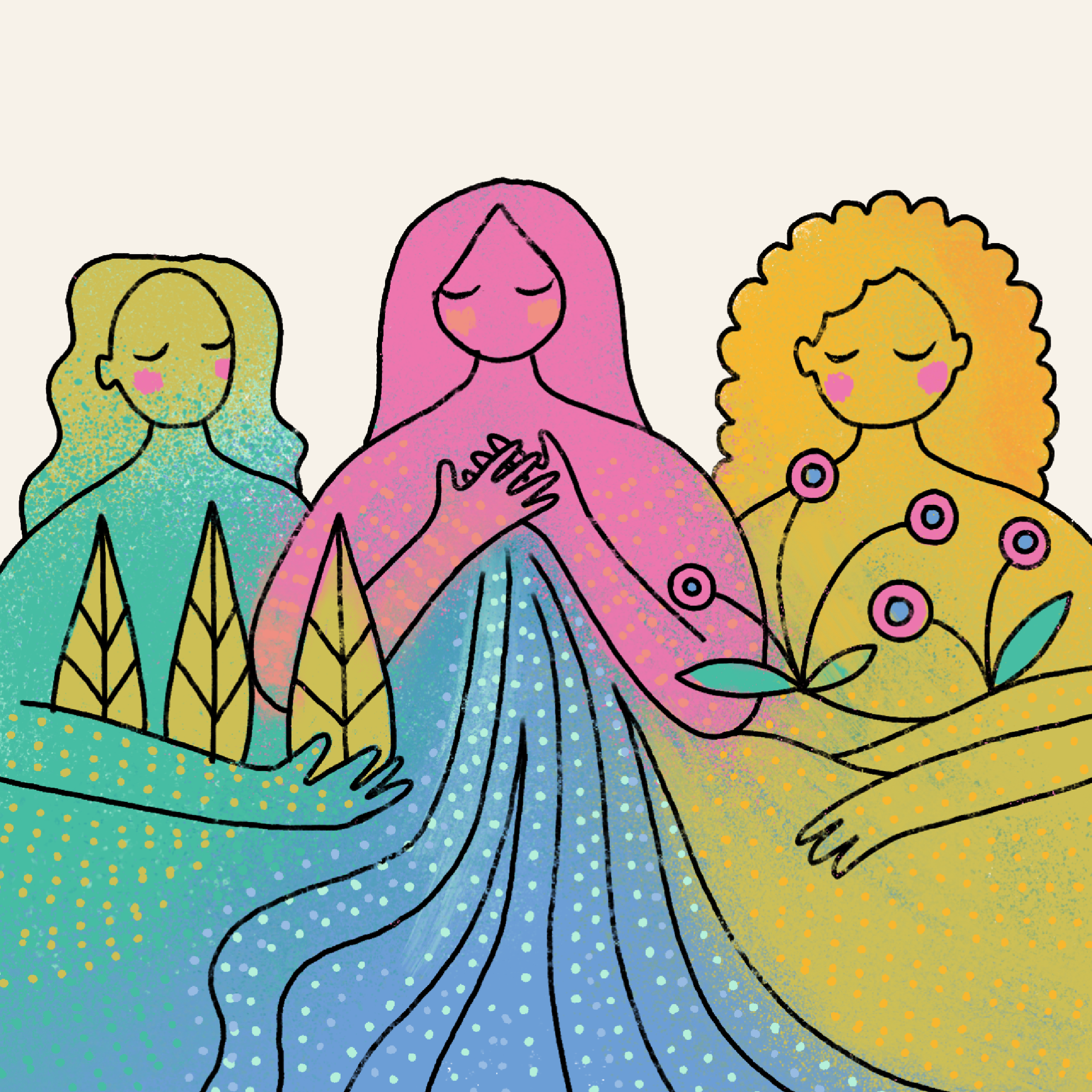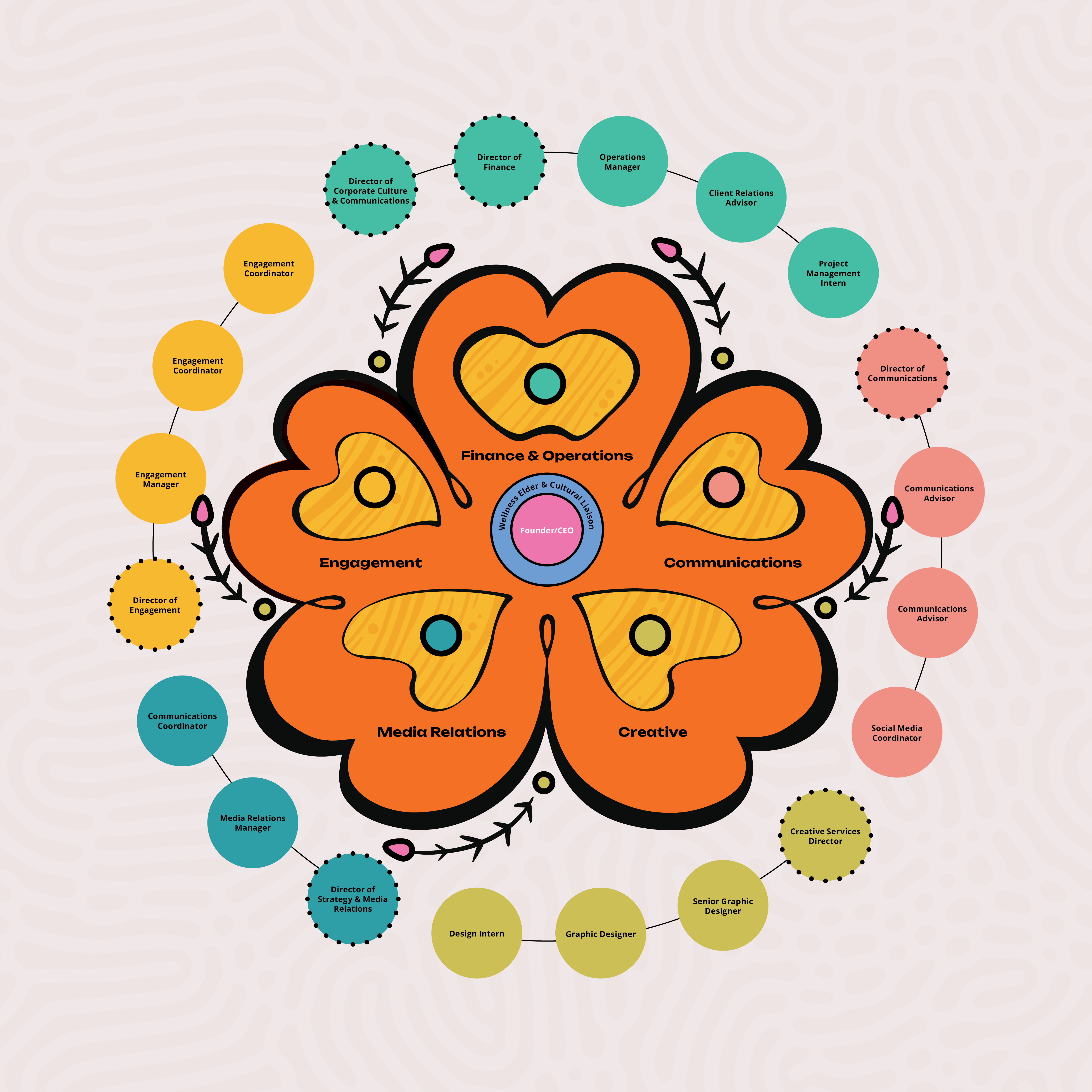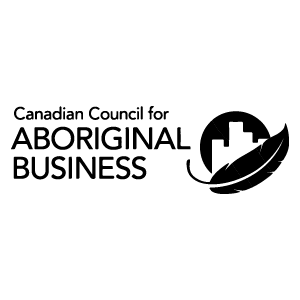“From an Indigenous perspective, objectives do not manage us; relationships do. To be successful, we need to have strong, trusting relationships with everyone from our funders to our most vulnerable tenants.”
– Carola Cunningham, CEO, NiGiNan Housing Ventures.
June is Indigenous History Month – a time for everyone to learn, reflect and appreciate the unique history and stories of the First Nations, Inuit and Métis Peoples who have lived on this land from time immemorial. We are excited to highlight the work done by one of pipikwan pêhtâkwan’s most endearing and important clients who we support pro bono: NiGiNaN Housing Ventures (NiGiNan).
NiGiNan is a registered not-for-profit charity that addresses particular housing needs of Indigenous Peoples living in Edmonton and they operate from an Indigenous worldview.
We connected with staff at NiGiNan to learn more about why they do what they do – what drives their work and what reconciliation looks like for their non-Indigenous employees. Blake Jackman, Site Manager of the Sands and Program Manager for NiGiNan Housing Ventures and Cala Hills, Site Lead at the Sands provide some insight into what it means to them to work for an organization that provides housing and support for vulnerable people in their community.
Houselessness in Edmonton and How it Affects Indigenous Communities
The Indigenous experience is rooted in systemic racism in the form of unjust access to health and social services, limited or no funding for Indigenous support services, houselessness and poverty.
In a report by Edmonton Social Planning Council, Indigenous Peoples make up nearly two-thirds of the houseless population in Edmonton. Keeping up with month-to-month rent, bills, and necessities is already challenging for individuals who make an average income; it can be even more challenging for the Indigenous People subject to difficult and inadequate living conditions.
The HomeWard Trust Homelessness Dashboard states that nearly 1,700 Indigenous People are living outdoors, in a shelter, or using temporary housing (June 13, 2022). NiGiNan Housing Ventures has been helping to address this critical housing need for nearly eight years.
Housing is Reconciliation
The Truth and Reconciliation Commission’s 94 Calls to Action address child welfare, education, language and culture, health, and justice as the first five legacy elements to reconcile.
NiGiNan is unlike other housing services in Edmonton. It is governed by Natural Law – kindness, honesty, sharing and strength – and combines an Indigenous worldview and cultural resources into the physical, social and healing environment of all sites. NiGiNan’s housing-first approach provides safe homes for Indigenous People who are vulnerable and face crises in Edmonton.
NiGiNan’s success in providing housing, care and support using an Indigenous worldview helps address several Calls to Action in each of the legacy sections. This is proof that NiGiNan’s approach is capable of being an industry framework to address more than just a need for housing.
After hearing NiGiNan’s CEO Carola Cunningham speak at the National Canadian Alliance to End Homelessness, Blake Jackman, who was already working in housing, met Carola to talk about ceremonies and cultural support for Indigenous residents. Blake Jackman is the Site Manager of the Sands and Program Manager for NiGiNan Housing Ventures.
“She told me to bring everyone over [to Ambrose Place] who wants to come, and the boundaries that would be in place. She then looked up at me, placed her hand on my shoulder and said, “white people can come, too.” As a moniyaw (Cree: white person) walking the Red Road (i.e. living life with kindness and purpose), I was elated. It was shortly after I applied for a front-line position at Ambrose Place, and I am learning what it truly means to be an advocate.”
In line with the teachings of natural law, he shares that working with the organization has changed him as an individual, “reciprocity is a part of every action and thought, and I have a role to make these interactions positive. I take the teachings home with me, and it allows my family to learn with me and live in a healthy, safe, and culturally significant way. I truly feel that NiGiNan is helping me become a better father and role model for our children.”
The staff at NiGiNan work to decolonize existing systems of oppression by preserving Indigenous cultures, traditions and languages. NiGiNan has pioneered a new model which uplifts and provides a sense of belonging to First Nations and Métis people that many non-Indigenous housing spaces lack. It provides a safe, welcoming home and programming to help individuals deal with houselessness, mental health and substance use.
As a settler, Cala Hills, Site Lead at the Sands, understands that it is important to reach Indigenous Peoples by addressing and honouring cultural differences without imposing western healing and helping practices onto primarily Indigenous residents.
“What NiGiNan does, works. The individuals we are working to help are not just patients, or numbers, they are not clients. When someone feels that they are part of a community, they feel accepted and that is when healing starts,” explains Cala.
NiGiNan currently operates two housing complexes with two more buildings under construction. Ambrose Place, NiGiNan’s first development project, opened in late 2014 with 42 apartments and 24-hour wrap-around care for residents. omamoo wango gamik provides homes to families, youth and those who are unable to find adequate housing. Tenants living in these apartment complexes have access to resident Indigenous Elders, 24-hour support staff, and a housing support worker. In development is a renovation of the Sands Hotel and a new building in MacArthur.
NiGiNan provides personal development opportunities through ceremonies and circles, a fast track to decolonization of the self, new ways of thinking and knowing, and opportunities to see residents thrive in ways they could never have imagined. “NiGiNan should be the base model for housing programs in Canada, as it truly addresses all aspects of the Indigenous residents and staff’s medicine wheel; I feel like I am working and supporting family members,” explains Blake.
So, how can you help as a settler? We invite you to consider NiGiNan staff’s suggestions to
-
Listen and act accordingly under the advisement of Indigenous Peoples
-
Use your privilege to bring attention to challenges and issues
-
Attend an event, celebration, or conference
-
Offer tobacco to an Indigenous Elder to learn and listen to their teachings. Maybe one of them will put their hand on your shoulder and say, “anyone is welcome to come.”
